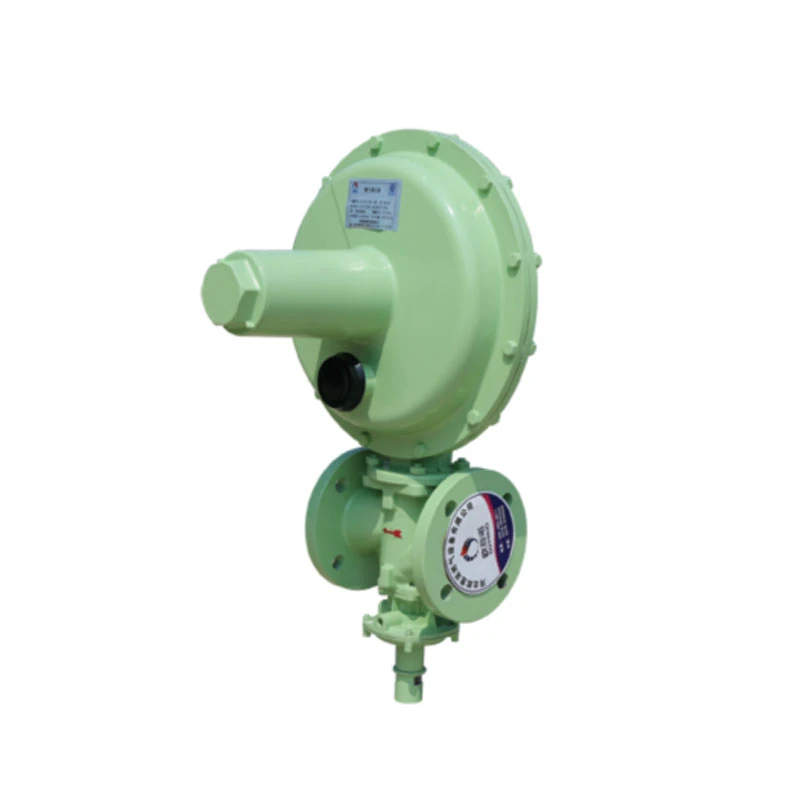
Dec . 07, 2024 14:07
Back to list
electric valve
Electric Valves Revolutionizing Flow Control in Modern Industries
In the realm of industrial automation and control systems, electric valves are emerging as a pivotal technology that enhances efficiency, precision, and reliability in flow management. These devices, which utilize electric signals to control the flow of liquids and gases, have gained significance across various sectors, including water treatment, oil and gas, chemical manufacturing, and HVAC (Heating, Ventilation, and Air Conditioning).
Understanding Electric Valves
Electric valves are typically comprised of a valve body, an actuator, and control electronics. The actuator, which can be a stepper motor, solenoid, or any other type of electric motor, receives electrical signals from a control system, resulting in precise movement of the valve mechanism. This movement opens or closes the valve, thereby regulating the flow of fluids through pipes or ducts.
One of the key advantages of electric valves is their ability to provide real-time control. Unlike manual valves, which require physical operation, electric valves can be adjusted remotely and automatically based on sensor feedback and programmed algorithms. This capability is crucial in environments where flow conditions may change rapidly or where accessibility is limited.
Applications in Diverse Industries
The versatility of electric valves makes them suitable for a range of applications. In the water treatment industry, for instance, they are used to control the flow of chemicals during the purification process. Precise control ensures that the right amounts of disinfectants are delivered, enhancing the efficiency and safety of water supply systems.
In the oil and gas sector, electric valves play a critical role in operating and controlling the transfer of hydrocarbons through pipelines
. Their robust design and responsiveness to control signals allow for safe and effective management of hazardous materials. Moreover, when integrated with advanced monitoring systems, electric valves can automatically shut off in case of leaks or pressure fluctuations, thus preventing catastrophic failures.electric valve

The chemical manufacturing industry also benefits from electric valves, particularly in processes requiring stringent flow regulation and shut-off capabilities. These valves can handle corrosive chemicals and extreme temperatures, making them an indispensable component of chemical processing plants.
In HVAC systems, electric valves regulate the flow of heated or cooled air through ductwork, thereby optimizing energy use and ensuring comfort in residential and commercial buildings. By interfacing with building management systems, electric valves can adapt to occupancy patterns and change climate control settings automatically, contributing not only to energy efficiency but also to reduced operational costs.
Advantages Over Traditional Valve Systems
The shift from traditional pneumatic or hydraulic systems to electric valves offers numerous benefits. Firstly, electric valves generally require less maintenance compared to their pneumatic counterparts, which often involve complex tubing and air compressors. The elimination of these components minimizes potential points of failure and reduces operational costs.
Electric valves are also more energy-efficient. They consume power only when adjustments are made, as opposed to maintaining constant pressure in pneumatic systems. This allows for lower energy bills and a reduced carbon footprint, aligning with global sustainability goals.
Additionally, the integration of smart technologies with electric valves enhances their functionality. With advancements in IoT (Internet of Things) and AI (Artificial Intelligence), modern electric valves can provide sophisticated diagnostics, predictive maintenance, and remote operation capabilities, further optimizing operational efficiency.
Conclusion
Electric valves represent a remarkable development in flow control technology, driving innovation and efficiency across multiple industries. Their capability for precise control, coupled with reduced operational costs and enhanced reliability, positions them as a critical component in the future of industrial automation. As industries continue to evolve and embrace digital transformation, electric valves will undoubtedly play an integral role in achieving optimal performance and sustainability.
Latest news
-
Safety Valve Spring-Loaded Design Overpressure ProtectionNewsJul.25,2025
-
Precision Voltage Regulator AC5 Accuracy Grade PerformanceNewsJul.25,2025
-
Natural Gas Pressure Regulating Skid Industrial Pipeline ApplicationsNewsJul.25,2025
-
Natural Gas Filter Stainless Steel Mesh Element DesignNewsJul.25,2025
-
Gas Pressure Regulator Valve Direct-Acting Spring-Loaded DesignNewsJul.25,2025
-
Decompression Equipment Multi-Stage Heat Exchange System DesignNewsJul.25,2025

